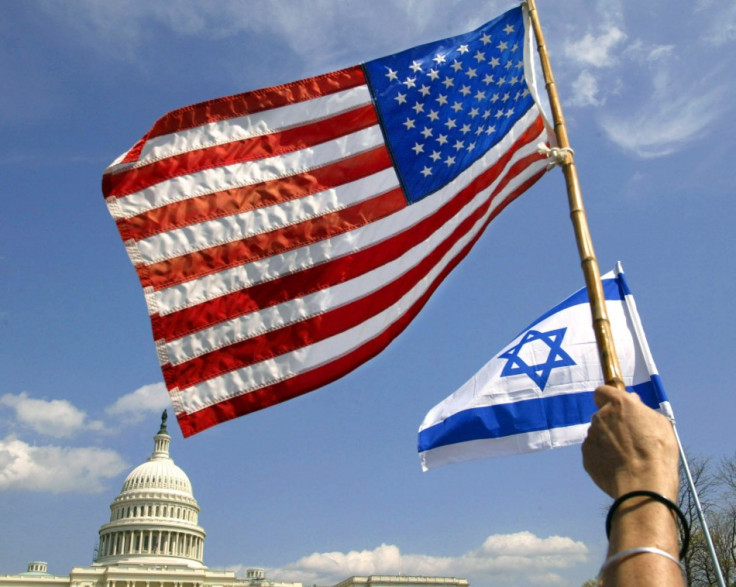Is Israel Set to Ally with Saudi Arabia against Iran?

Latest speculation linked to an Israeli attack on Iran suggest that Tel Aviv could drop the US and instead turn to Saudi Arabia for help.
As talks of an Israeli-led strike on Iran's nuclear facilities intensify, a US official speaking on condition of anonymity told the AP that Tel Aviv will not warn the US if it decides to go ahead with the pre-emptive strike.
The warning came as Israeli Prime Minister Benjamin Netanyahu said his upcoming meeting with President Obama in Washington on March 5 will focus on Iran.
According to the official, Israel's decision to keep one of its closes ally in the dark stems from a will to protect the US from Iran's wrath in case of such an attack.
Despite diplomatic refutation that Israel's relationship with the US has suffered under Obama's office, rumours are mounting that Israel's ally in the case of an attack on Iran will not be the US but the Islamic Kingdom of Saudi Arabia.
Saudi Arabia and Israel's estrangement from the US
Hints from the Persian Gulf suggest Saudi Arabia would back an Israeli-led attack on Iran.
While Netanyahu's frosty relationship with Obama is well known in the diplomatic world, Saudi is also became increasingly estranged from the US following Obama's call on the long-time ally and former president of Egypt, Hosni Mubarak, to step down.
At the time, a small uprising was underway in Saudi and while protests were rapidly crushed Shia demonstrators in neighbouring Bahrain refused to back down, openly criticising the Sunni-based elite and demanding for more democracy.
With Shias in eastern Saudi Arabia increasingly supporting the Bahraini uprising, theSaudi became upset at the US apparent refusal to help fight off the the threat from Shia Iran.
An Israel-Saudi Alliance against Iran?
One of the most important warnings coming out of the Arab Spring to the Arab rulers was that taking an anti-Zionist stance was not sufficient to guarantee the survival of a regime anymore.
Despite Saudi's public call for support of the Palestinian cause, Riyadh and Jerusalem were revealed by WikiLeaks to have secret communications.
A leaked cable dating from 2009 showed the head of the Israeli Middle East division of the Foreign Ministry, Yaakov Hadas saying Israel enjoyed a good relationship with the Gulf States.
During a meeting with Marc Sievers the political advisor of the U.S. embassy in Tel Aviv, Hadas acknowledged Israel and Saudi shared secret communications.
In 2002, Saudi also led the Arab peace plan initiative which opposed for a normalisation of the relationship with Israel in exchange for a complete withdrawal from the occupied territories and in 2010 the Times reported Saudi had allowed Israeli warplanes to use its airspace in any bombing raid on Iran's nuclear facilities.
Moreover, the two have common enemies in the region: Iran followed by other Shia-led powers such as Syria or Hezbollah in Lebanon.
With Bashar al-Assad battling a serious and bloody crisis and Hezbollah's asserting, at least rhetorically, its independence vis-a-vis patrons such as Syria and Iran, a window of opportunity to attack Tehran would appear to be opening.
Sources told Forbes this week that Israel will use Saudi Arabia as a base for its attack in June.
The source, a weapon smuggler, said he had been travelling between "Tel Aviv and Jeddah to meet with military leaders who are loading up on his specific weapon category in anticipation of a war with Iran."
While the oil profits deriving from an attack on Iran would incontestably benefit Saudi Arabia, another bonus could come up in the form of regime collapse, not only in Iran but also in Israel.
The WikiLeaks GiFiles: Stratfor Predicts Huge Oil Profits from Attack on Iran
© Copyright IBTimes 2025. All rights reserved.



















